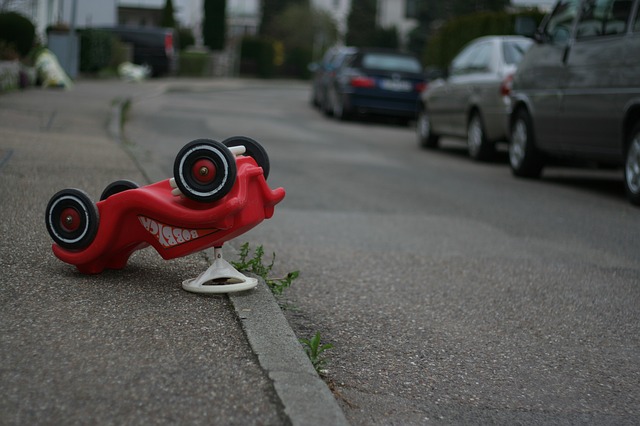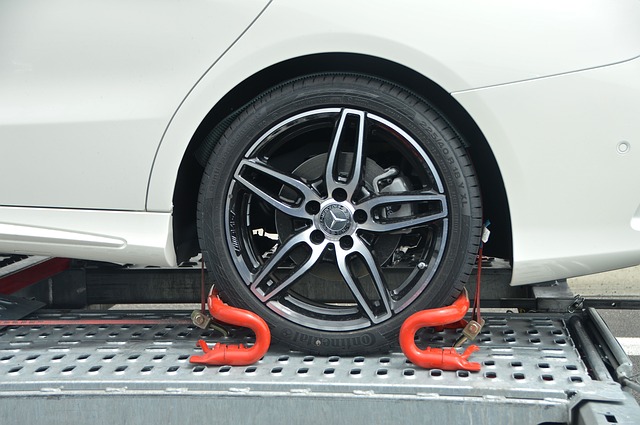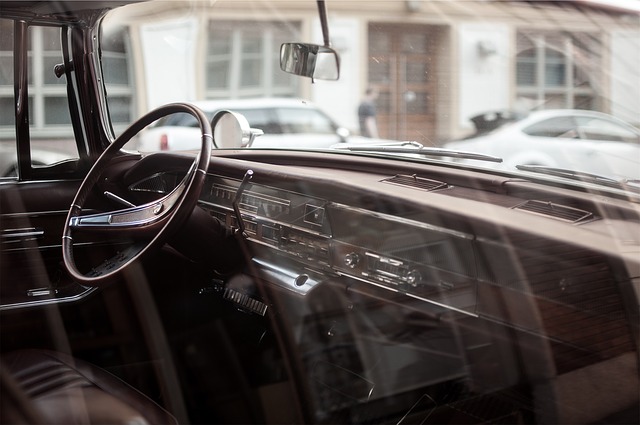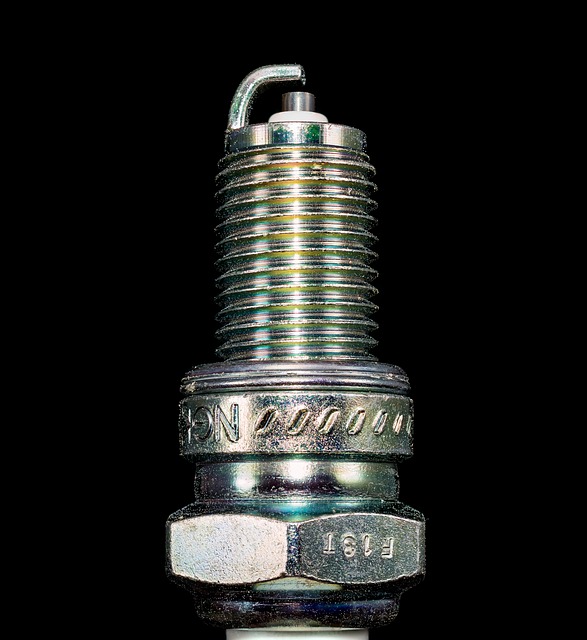Most people would disagree, but you'd be surprised what we overlook in our vehicles and how it actually makes us spend more in the long run. Some things make our cars heavier (making us spend more on fuel), and just general things that we forget when it comes to car maintenance.
Some instances, we just don't have the necessary equipment to secure our vehicles and assets against unforeseen circumstances, such as accidents and other altercations on the road.

We here at Elinz took the liberty of listing some of the most basic and affordable tips to help you get the best out of your vehicle without spending too much. If you do spend some from this list, expect that they will be good purchases- things that will last you for quite some time!
Check your tires, please!
You definitely can't just eyeball your tires, or kick it to check how well it's inflated. Anything can happen out on the road, and the most common reason for a sudden shift in inflation within a tire is its temperature. A pressure gauge is a reasonable investment in this case, as this saves you the trouble of worrying about whether your car's tires are inflated enough or not.
Having your car towed is quite expensive as well (especially if you're not signed up for annual service), so always make sure to check your tires. If you want a completely reliable and easy to understand gauge, go for a tire pressure monitoring system that actually gives out real-time information for all the important details such as psi and temperature, which is important for very long drives especially in Australia, where the temperatures shift around a lot.

Besides the towing fee, if you run with tires that aren't inflated well enough, you're actually missing out on potential savings. You spend more on fuel since your car runs on drag with deflated tires, not to mention you'll be paying soon for a spare tire (run-flat tires break soon enough).
Over-inflating isn't a good solution, either. Some swear by it, saying that it improves mileage but it really makes the ride quite unbearable and "jagged", and it eventually damages the tires. Don't believe us? Here's Popular Mechanic's experiment on that, done Mythbusters style.
Declutter your car.
You'd be surprised that there's a ton inside your car that might be contributing to its weight. The basic idea is if your car is heavier, then it takes more fuel to run your car. You end up paying more daily for gas, and if you add it all up annually, the additional cost could run in the hundreds to thousands of dollars.
Take a look at your car's interior and see if you have any stuff in there that you've been putting off on cleaning up. Take a look at your trunk and check if any tools can be removed. Basically, all you need in your car are the bare essentials, and the heaviest thing inside your trunk should be your spare tire.

By addressing this, you'll not only improve the aesthetic of your car, but you'll be saving tons of gas. It might not seem much since you'll only consume a little more gas during every trip, but add all that up in a year and you'd be surprised about the amount that it quickly racks up.
Replace your spark plugs when appropriate.
This is another important point as it's one of those affordable investments that yield long term savings. The humble spark plug maintains the spark of electricity across your vehicle and keeps it running smoothly so if you feel you're not getting the best out of your car, consider looking into the state of your spark plug.
It takes such a short amount of time for a mechanic to replace it, and a small fee for both the spark plug and labor. Once replaced, it should make your car start and run smoother for the next 20,000 miles, besides giving you the best fuel efficiency.

After running another 20,000 miles, even if your car runs smoothly, make sure that you have your spark plugs replaced and have your car checked up on by a mechanic. If you own an OBD2 scanner, then all the better; the mechanic will have a hard time finding any possible issues and addressing them, saving you both time and money.
Get a diagnostic scanner
Plenty of us know how to drive a car, but most of us don't know how to fix it, let alone understand it intimately. A car diagnostic scanner, specifically an OBDII scanner gives you insight as to which parts need fixing in real-time, saving you the time and money needed to actually fix your car.
They can be as cheap as $20, to the more advanced ones costing more than $100. That's still a worthwhile investment even for the pricier ones, as this can be a long term investment for a very small price.
You're missing out on not getting a dash cam
Like we've said before, dash cams are absolute lifesavers. They have tons of uses, the best one being that they insure you against accidents and criminal activities related to cars.
We hope that it doesn't happen to you, but collisions can be quite costly, no matter how big or small. The worst part about it is that sometimes, it isn't even your fault- and you're the one that needs to pay the most!
A dash cam will provide undeniable video proof of an accident, one that will be admissible in the court of law.
By owning a dash cam, you'll also be driving better. You'll be a lot more patient and you'll make more sensible and patient decisions when driving, lessening the probability of an accident happening.
And the technology behind dash cams are fascinating; you can now own 4k dash cams that aren't that expensive and will be able to take videos reliably. Our dash cams are also quite durable, able to withstand extreme heat or sudden pressure from collisions.
In the same vein, make sure that you're getting dash cams that have supercapacitors and have impact resistance, or some form of recording safety to secure the footage inside it.




